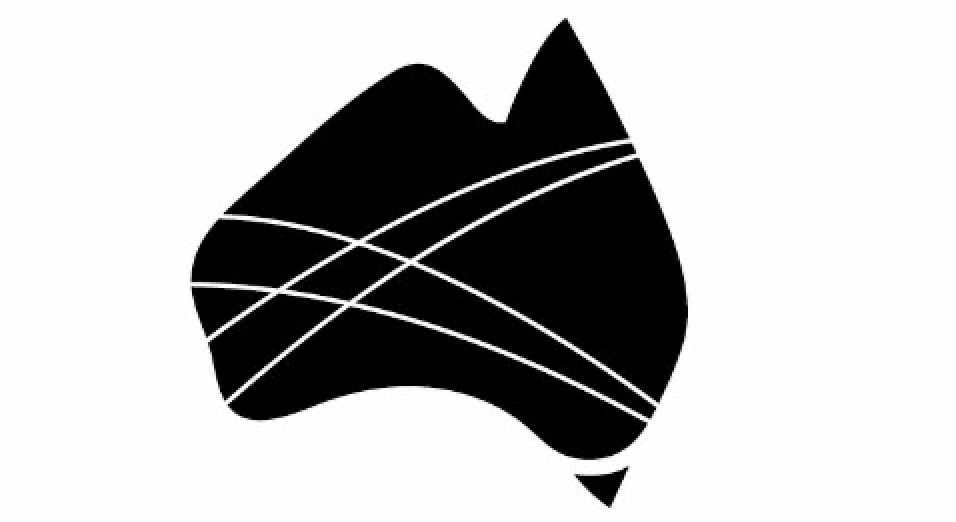Roadmap for our Royal Commission
27 February 2019
Disabled People’s Organisations Australia (DPO Australia) has long been campaigning for a Royal Commission into all forms of violence, abuse, neglect and exploitation of people with disability. We deserve an urgent response and justice for the high rates of violence, abuse, neglect and exploitation we experience.
We need a Royal Commission to lay out the pathway towards a future where we are safe, where violence is no longer a normal part of our lives, and we are included fully in the community.
We are calling on the Government to establish and resource our Royal Commission immediately, and undertake a comprehensive, meaningful consultation with people with disability about the Terms of Reference, particularly with Disabled People’s Organisations (DPOs)[1].
Our Royal Commission needs to centre people with disability in all ways and bear witness to the violence, abuse, neglect and exploitation we are subject to. It needs to have accessible private sessions available wherever we live so that we can tell our stories with the adjustments and supports we require to do that.
Our Royal Commission must inquire into violence, abuse, neglect and exploitation against people with disability of all ages and in all settings, circumstances and contexts, with particular regard to the following matters:
- It must cover all people with disability, and take an intersectional approach to issues of age, sex, gender, sexual orientation, intersex status, race and the particular situation of Aboriginal and Torres Strait Islander people with disability and culturally and linguistically diverse (CALD) people with disability. No one should be left behind.
- The specific issues that affect Aboriginal and Torres Strait Islander people with disability requires extensive consultation with Aboriginal controlled organisations of people with disability, particularly given the over-representation of Aboriginal people in care, in places of detention and other institutions.
- It must cover all settings, circumstances and contexts. That means everywhere, including but not limited to: our own homes and all community and institutional environments; residential institutions; boarding houses; rooming houses; group homes; workplaces; respite care services; day centres; recreation programs; mental health facilities; guardianship arrangements; hostels; supported accommodation; prisons; schools; out-of-home care; special schools; boarding schools; school buses; school camps, trips or activities where students are under care outside of the school environment; hospitals; rehab centres and facilities; sporting facilities and programs; juvenile and adult justice facilities, including for people with disability on remand and in custody without conviction; disability services; and aged care facilities.
- It must examine all forms of violence, abuse, neglect and exploitation, including, but not limited to: domestic, family and interpersonal violence; physical and sexual violence and abuse; psychological or emotional harm and abuse; constraints and restrictive practices; forced treatments and interventions; humiliation and harassment; financial abuse; violations of privacy; systemic abuse; physical and emotional neglect; passive neglect; and wilful deprivation.
- Our experiences and the impact of this violence, abuse, neglect and exploitation, primarily on people with disability, but also on our families, friends; advocates, support persons, current and former staff and Australian society as a whole.
- Responses to violence, abuse and neglect from governments, justice agencies, oversight bodies and watchdogs, as well as people, services and institutions responsible for our safety.
- It must examine the legal, policy and practice frameworks that enable and perpetrate violence, abuse, neglect and exploitation against people with disability.
- It must interrogate what needs to be done to provide a nationally consistent framework to prevent violence, abuse, neglect and exploitation against us in future.
- Compliance with our human rights under international law, including the Convention on the Rights of Persons with Disabilities (CRPD) and other international human rights treaties.
Our Royal Commission must recognise the unique needs, rights and experiences of people with disability, and the inquiry must reflect this through accessibility at all levels. Our support needs must be met and resourced.
Our Royal Commission must include the following ancillary supports:
- All Royal Commission material must be made available in accessible formats, including community languages, Easy Read, Plain English and Auslan, audio description and all hearings be captioned and made available for viewing widely.
- Funding and resources to DPOs and other organisations to fully engage, support and provide information to people with disability about our Royal Commission.
- Funding and resources to support people with disability to give evidence, and/or make submissions to our Royal Commission. This will include, but not be limited to, counselling, legal advice, independent advocacy support, interpreters and communication supports, travel assistance, full accessibility, and all materials provided in a range of accessible formats.
- Funding to commission research, to start to address knowledge gaps about the extent, prevalence, impact of violence, abuse, neglect and exploitation of people with disability.
Disabled People’s Organisations Australia
Disabled People’s Organisations Australia (DPO Australia) is an alliance of four national DPOs. DPOs are organisations that are led by and constituted of people with disability. The key purpose of the DPO Australia is to promote, protect and advance the human rights and freedoms of people with disability in Australia by working collaboratively on areas of shared interests, purposes and strategic priorities and opportunities. DPO Australia is made up of four national population specific and cross-disability DPOs that have been funded by the Australian Government to represent the views of people with disability and provide advice to Government/s and other stakeholders. The four DPO Australia members are First People’s Disability Network; People with Disability Australia; National Ethnic Disability Alliance and Women With Disabilities Australia.
For further information about Disabled People’s Organisation Australia (DPOA) visit: www.dpoa.org.au
- For further information about People with Disability Australia (PWDA) visit www.pwda.org.au
- For further information on First People’s Disability Network visit www.fpdn.org.au
- For further information on the National Ethnic Disability Alliance visit: www.neda.org.au
- For further information on Women With Disability Australia visit: www.wwda.org.au
[1] DPOs are organisations made up of, led by and governed by people with disability.


